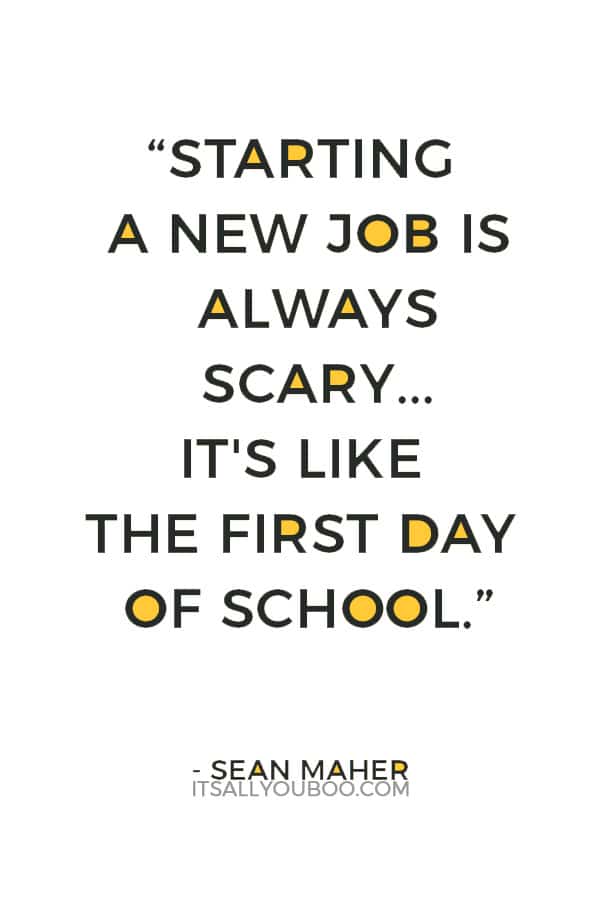
When interviewing potential employers about professional development opportunities, there are certain questions you should ask. This can be a sign that someone has left the company, but it could also be a warning sign if they were given many opportunities to develop. Asking about the opportunities for professional growth at a company will give you a better understanding of its culture.
Job seekers need to inquire about professional growth.
When interviewing for a job ask about the company’s commitment to professional growth and training. This will demonstrate your willingness to learn and improve your skills. Ask about the company’s feedback process. This will increase your chances of being hired. Also, when you're asked for a resume, make sure that it showcases your current skills and your drive to learn.

You can unlock many doors through professional development. So that your career can grow, it's crucial that you stay current with new trends. It can be costly. Registration fees and travel expenses add up quickly. However, most employers have a budget set aside for professional development, and they'll often cover the costs.
The best answers should be based upon inspiration
When answering the question about what motivated you to follow a particular career path, it is important to use examples from people who inspire you. You can mention someone you admire that has accomplished a particular feat to show you are dedicated to improving your communication skills. Talking about yourself as a professional can also be done by focusing on personal values.
Managers should inquire about professional development
When it comes time to professional development, there are many questions managers need to ask. These questions will help you determine what type of training and development your employee will receive. This training should, in general, focus on learning, goal-setting and growth. The manager must also make sure that the training and the development are appropriate to the employee's experience.
For employees, professional development can lead to new opportunities. But, professional development requires investment. It must also be justified. Managers and workers will have their own perspectives. Therefore, it is essential to collaborate in deciding what amount of investment is worth it. If both sides agree that professional development is beneficial, employees will likely be happy with the program. However, before an employer can implement a program of professional development, they have to first determine if the financial benefits are worth it.

For effective communication, open-ended questions are best. These questions can be shared by managers with their team members before they arrive. They should also provide ample time for the team member to think about their answers.